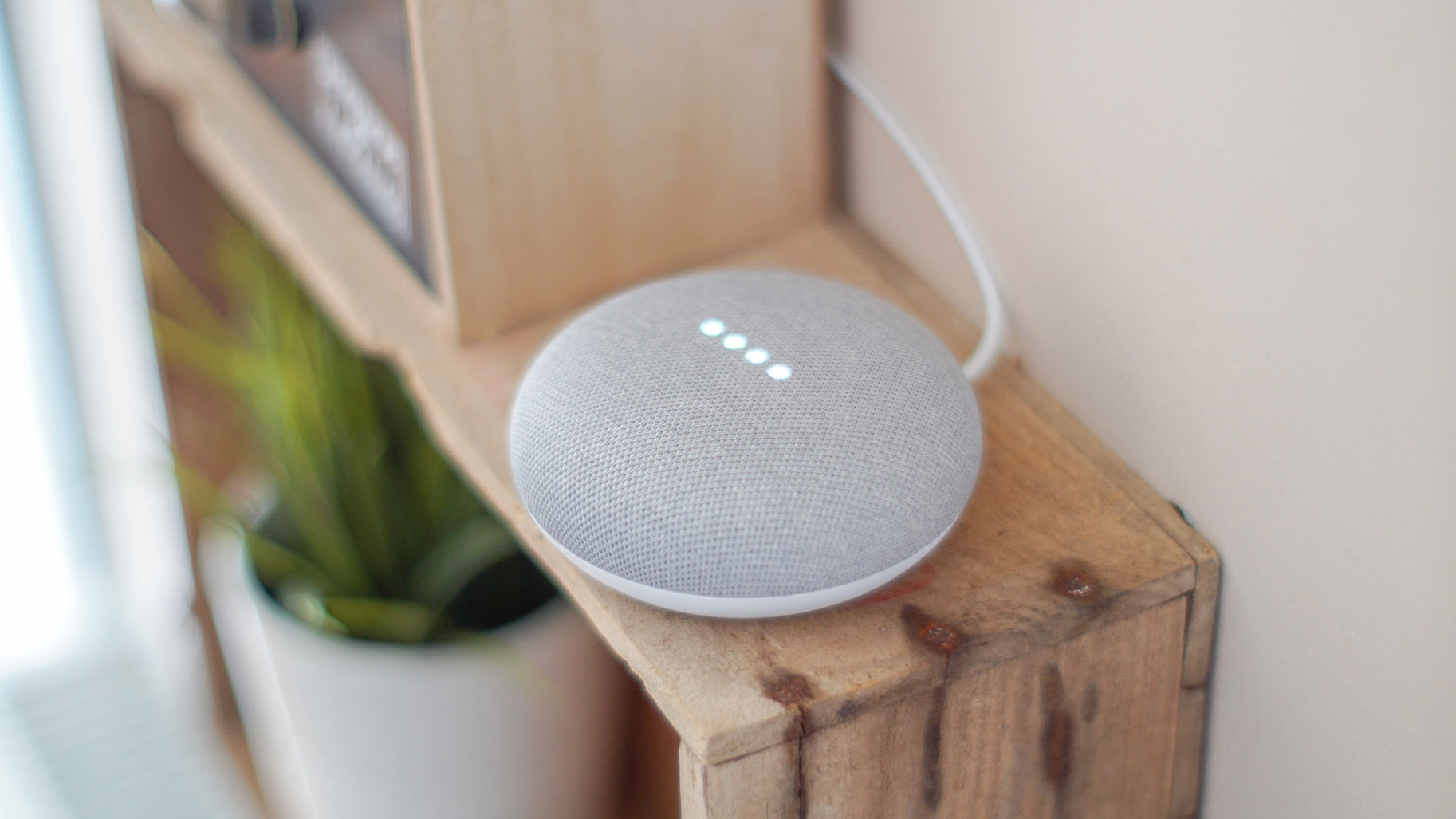Nijta inmoves way of protecting voice data
Date:
Changed on 03/02/2023

In Hindi, the word Nijta means “intimacy” and, by extension, “identity” and “privacy”. This was the name chosen by Brij Srivastava, a young IT researcher originally from India, for the start-up he founded. Its overarching objective is to provide services in the field of technology geared towards privacy protection.
The researcher focused his attention on voice interfaces (from phones to voice assistants): what ways are there of protecting your identity and privacy when using them? This has become particularly crucial since the introduction of the GDPR (General Data Protection Regulation), which requires companies to keep their clients’ and employees’ personal data safe.
Nijta provides a solution in the form of a product with the capacity to keep people’s identities and privacy safe by protecting their voice data, employing cutting-edge voice-anonymisation software perfected by Brij Srivastava while he was studying for his PhD. This work was carried out at the University of Lille Inria centre (with the Magnet project team) as part of COMPRISE (an EU project that has since closed), under the stewardship of Marc Tommasi, a professor of IT at the University of Lille and the man in charge of Magnet, Aurélien Bellet, a researcher at the University of Lille Inria centre, and Emmanuel Vincent, a director of research at the Nancy – Grand Est centre (part of the Multispeech project team) and project coordinator.
How did this adventure come about? Ever since his first forays into IT research back in India during his research master’s degree at the International Institute of Information Technology, Hyderabad (Telangana), Brij Srivastava has taken an interest in the use of new technology, particularly in the field of voice recognition. He has developed a range of concrete solutions for improving communication between people, a major social issue in a country with hundreds of different languages and dialects living alongside each other. This includes an application which uses voice recognition to make diagnoses in medicine, available for smartphones in three languages (in addition to English and Hindi), which he developed during his master’s internship in 2016.
Prior to joining Inria, Brij Srivastava also contributed to other projects, including at Microsoft where, in 2017, he was involved in Adivasi Radio, an application enabling certain Indian tribes to access news in Gondi. In 2018 he worked in a call centre, where he had the opportunity to carry out practical experiments with voice recognition and data collection applications. Although aware of the limitations and potential risks with this type of technology, the researcher's enthusiasm shines through: “Voice processing algorithms are now highly effective, and the services utilising this technology are continuing to develop, making it easier for people to communicate with each other”.
“Voice data contains an enormous amount of information which sophisticated algorithms have the capacity to analyse with great precision: from a sound recording, they can determine someone’s emotional state, extract sensitive information (their location, opinions, etc.) and even detect whether or not the speaker has a condition (e.g. Parkinson’s disease) or if they smoke. It's easy to imagine the discriminatory uses to which this data could be put”, he explains.
During his PhD at Inria, Brij Srivastava explored this question in greater detail, contributing to the development of an algorithm capable of keeping data confidential, while protecting information that could be of use for the development of services utilising recordings of voice messages.
Verbatim
Alongside my PhD supervisors, we presented our results at the international conference Interspeech 2020, calling on the scientific community to identify potential weaknesses in our approach. To our amazement, no one was able to hack our algorithm, which gave us confidence for our future developments.
Auteur
Poste
Founder of the startup Nijta
While writing his PhD thesis a few months later, he began to think about turning this innovation (which had been improved since its first version) into a commercial product. The result of this was Nijta, created to support this strategy. With support from Inria, chiefly through Startup Studio, Brij Srivastava's project is now starting to take form. “We are currently working on market analysis, listening to the needs of potential users of our product, and devising a business model and a development strategy, from both a technological and economic standpoint.”
Call centres and public services were among the first potential clients identified by Nijta, which for the past few months has been able to draw on the support of Nathalie Vauquier, a research engineer with Magnet, Seyed Ahmad Hosseini, a PhD student, and Emmanuel Vincent, a scientific consultant.
At the International Cybersecurity Forum, held in Lille last year, Brij Srivastava and his colleagues met different users of voice technology, including the French ambulance service and France’s national police force, both of which expressed serious interest in Nijta’s software. These organisations have thousands of hours’ worth of voice recordings, which could be used to develop AI-based applications aimed at providing better support to people in distress. However, this data can only be used if it can be guaranteed that information will remain confidential. This is where Nijta’s services could make a real difference for these potential clients.
While the months to come look set to be decisive for Nijta in terms of its launch, Brij Srivastava and his team are also concentrating on getting certification from the CNIL (the French Data Protection Authority), which the young researcher turned entrepreneur hopes to obtain this summer. “This certification will be key in building trust among future clients, allowing us to look ahead to the future development of the start-up and our services with confidence.”